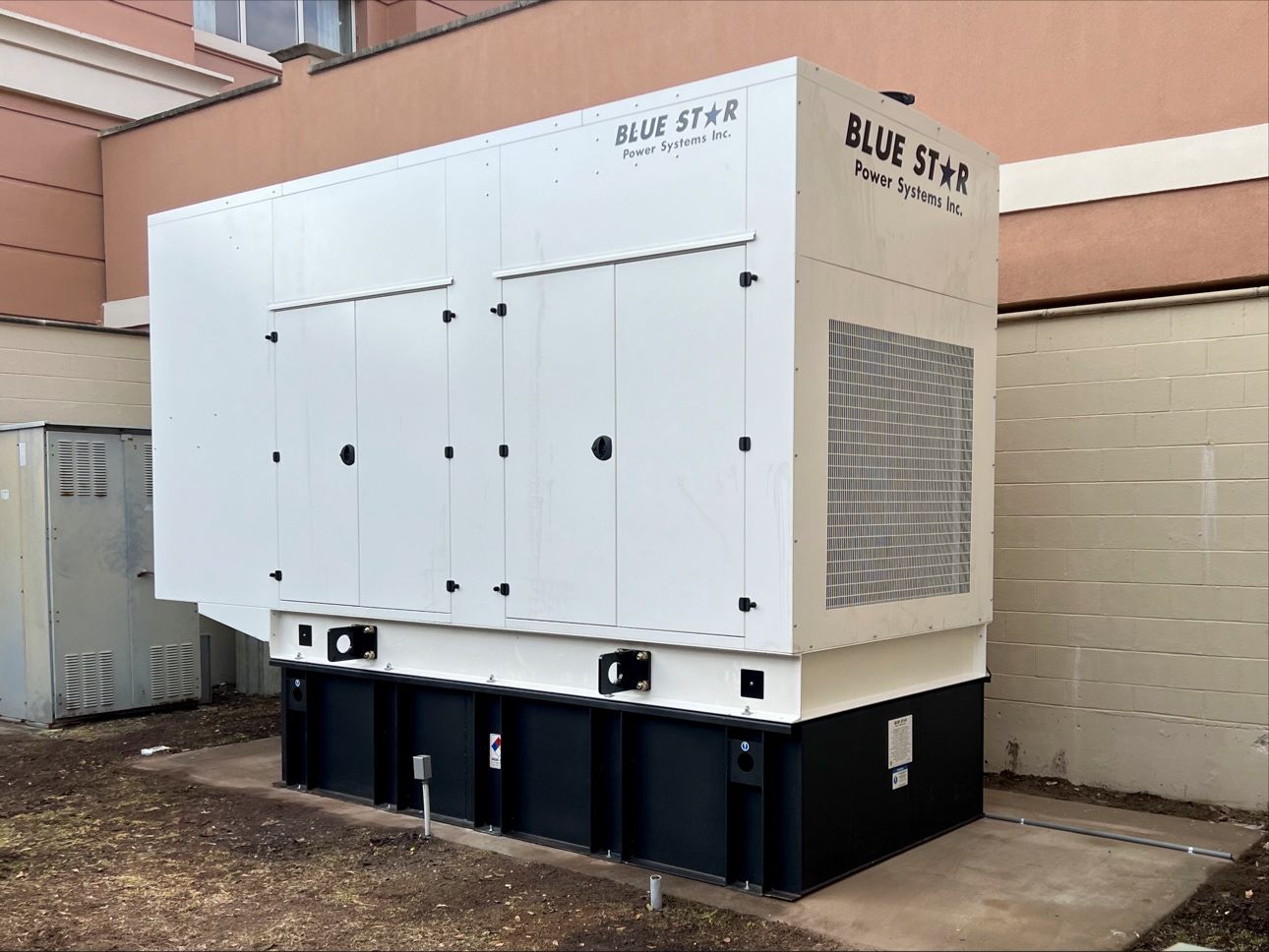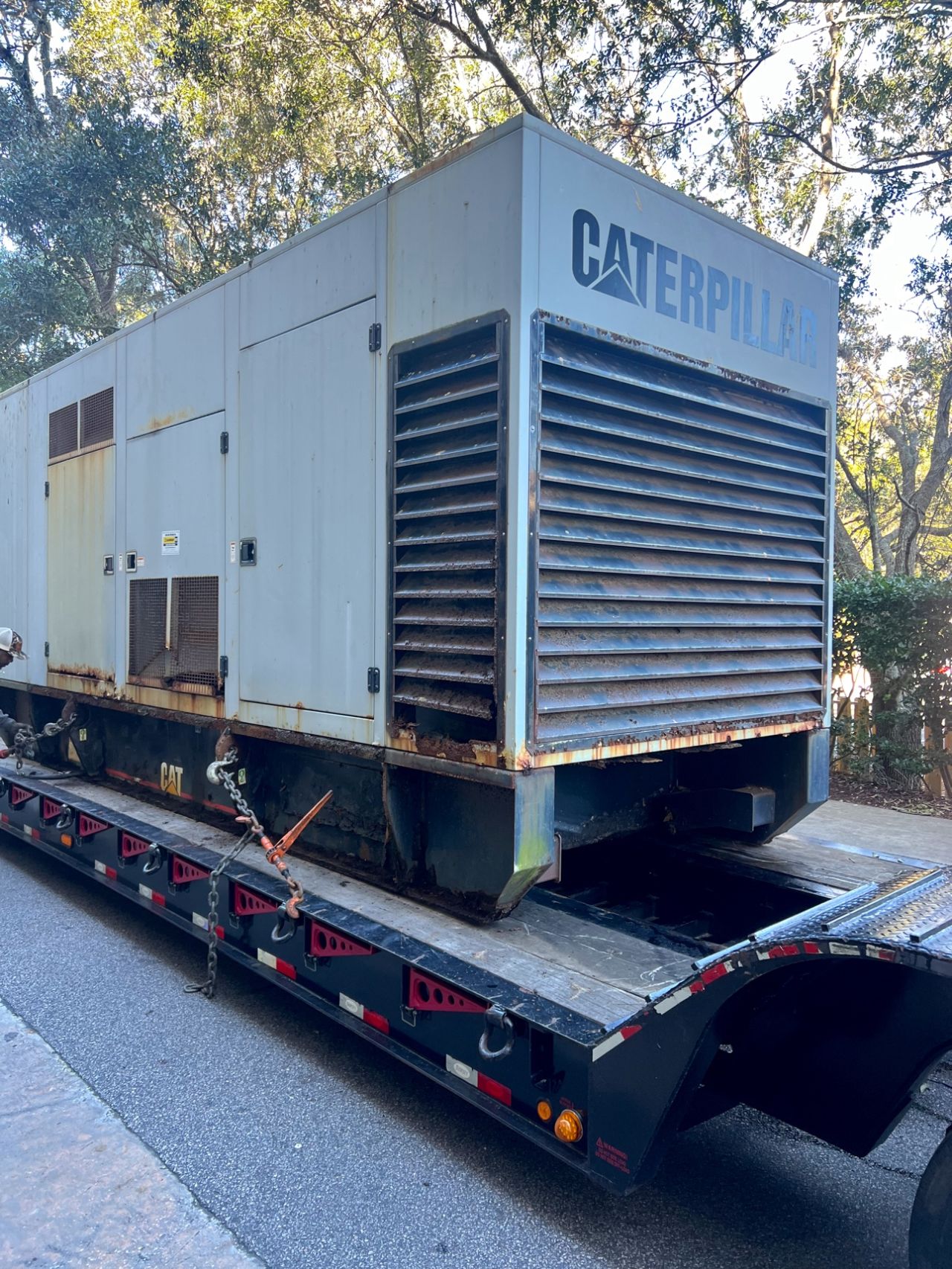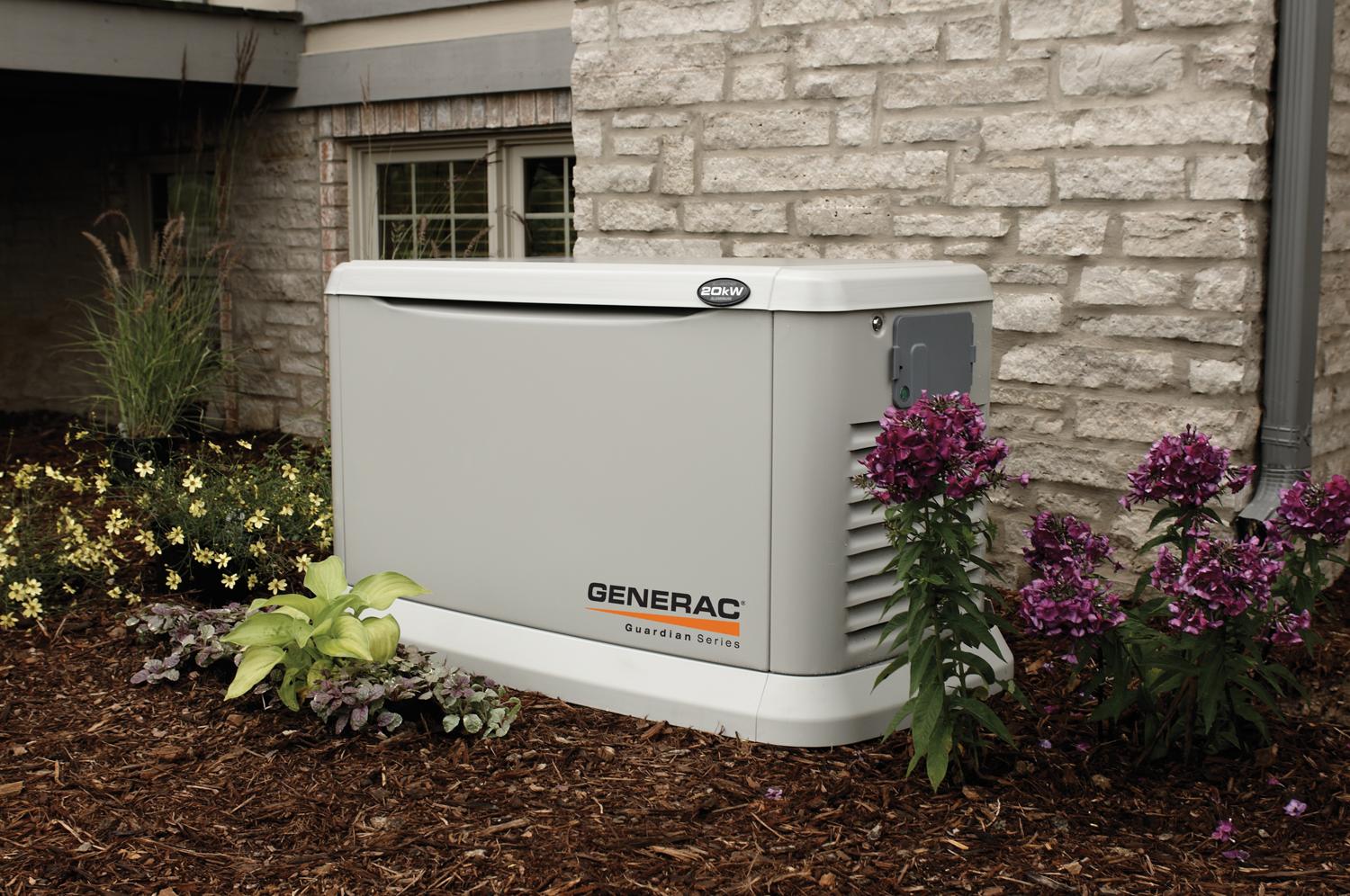NFPA 110 Emergency Generator Testing & Requirements

Back-up power generators are essential for many fire safety and life safety systems. The National Fire Protection Association (NFPA) created NFPA 110, Standard for Emergency and Standby Power Systems.
This industry standard describes the performance requirements for standby and emergency power systems for safety system providers to follow. Covered components include safety system components like generators, transfer switches, control panels, and more.
In this blog, we’ll discuss NFPA 110 and help you understand its chapters at a high level. We strongly recommend thoroughly reading the full standard to understand its contents fully.
What Are Emergency and Standby Power Systems?
The NFPA 110 standard defines two important terms that sound similar but mean different things:
- An emergency power supply is the power source itself and includes components and accessories needed to generate power. Fuel supplies, energy converters, starting systems, batteries, and other parts are included in this definition.
- Emergency power supply system includes the emergency power supply and all other components needed to provide electrical power safely and reliably. Supporting components may include:
- Conductors
- Control devices
- Disconnecting components
- Overcurrent protection
- Supervisory components
- Support devices
- Transfer equipment load terminals
- Transfer switches
The standard goes further by explaining the classification of emergency power supplies, defining:
- Classes by the minimum time the emergency power supply system is designed to operate before refueling or recharging.
- Types by the maximum time between loss of power and power restoration.
- Levels by whether failing equipment can cause injury or loss of life.
It’s important to understand which system you have before power outages occur. Knowing each system’s requirements and recommended setup helps ensure your preparations get the desired results safely and efficiently.
What Industries Need to Follow NFPA 110 Regulations?
Many industries rely on emergency power and, in turn, must follow the standards found in NFPA 110. These industries include:
- Data Centers
- Chemical plants
- Factories
- Healthcare facilities
- Manufacturing
- Nursing homes
- Schools
- Small business
- Telecom
- Water treatment facilities
- And more
In many cases, financing may be needed to establish backup power systems that are compliant with NFPA 110. At Generator Services, Inc., we offer flexible financing options.
Generator Power Requirements for Nursing Homes, Healthcare Facilities, and other Industries
South Carolina Build Code states that standby emergency power systems be installed in accordance with NFPA 110, NFPA 111 and NFPA 70 as well as the South Carolina Fire Code. Some of these emergency power requirements include:
- Backup power systems should provide secondary power within 10 seconds of the loss of primary power
- Emergency power needs to be able to run for a minimum of 2 hours without being refueled or recharged
- Standby power is to be provided for emergency voice/alarm communication, exit signs, and gas detection systems
- Standby power is required for exhaust systems including clothes dryers in multistory structures
With Generator Services, Inc., we can ensure your backup power meets every requirement of the NFPA and South Carolina Building Code standards.
Generator Services, Inc.’s Approach to Emergency Power Systems in South Carolina
The emergency power system experts at Generator Services, Inc. provide tailored backup power solutions to customers by:
- Assessing their specific power needs
- Determining the property’s site conditions
- Recommending the right size and type of generator
- Performing turnkey installation
- Testing for optimal performance from the beginning
With over 30 years in business as a family-owned and -operated company, we’re familiar with helping South Carolina customers achieve NFPA 110 compliance. Our standby generator experts are licensed and insured and pass stringent background checks.
They bring comprehensive training and extensive experience to every job. No matter how big or small your generator challenge may be, we pride ourselves on fast response times and effective results.
Call us or reach out online to learn more about emergency power systems and services from Generator Services, Inc. in the Columbia, SC area.


